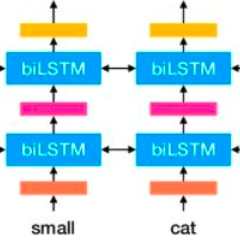Large output spaces, also referred to as Extreme multilabel classification (XMC), is a setting that arises, e.g., in large-scale tagging and product-to-product recommendation, and is characterized by the number of labels ranging from hundreds of thousands to millions. This means that the linear classification head, usually only a tiny fraction of the overall model, turns into the main driver for compute and memory demand. Current state-of-the-art XMC methods predominantly rely on FP16-FP32 mixed-precision training, which we show can be unstable, and inefficient in terms of memory usage and computational overhead. Meanwhile, existing low-precision methods typically retain higher precision for the classification layer. In this work, we propose ELMO, a pure low-precision training framework for XMC models using BFloat16 and Float8 data types. By leveraging Kahan summation and stochastic rounding, we demonstrate that XMC models can be effectively trained entirely in Float8, without relying on single-precision master weights or tensor scaling. Low-precision training, combined with our proposed memory optimizations -- gradient fusion and chunking -- enables significant reductions in GPU memory usage. For example, we train a 3-million-label XMC model with only 6.6 GiB of GPU memory, compared to the 39.7 GiB required by the optimized SOTA method, Renee without compromising accuracy.
翻译:暂无翻译



